- With standard equipment
- With safety pack
Find more information in the General Comments section of the assessment
Find more information in the Rating Validity tab of the assessment
- See More
- See More
- See More
- See More
- Good
- Adequate
- Marginal
- Weak
- Poor
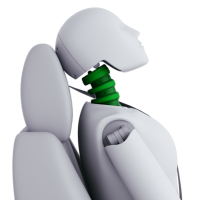 Rear Seat
Rear Seat
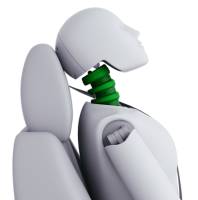 Front Seat
Front Seat
- Good
- Adequate
- Marginal
- Weak
- Poor
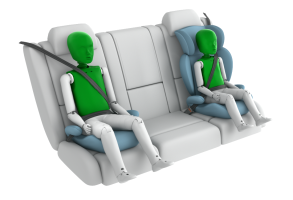
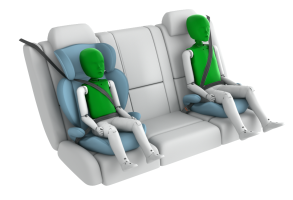
Passenger
outboard
center
Fitted to the vehicle as standard
Not fitted to the test vehicle but available as option
Not Available
-
i-Size CRS
-
ISOFIX CRS
-
Universal Belted CRS
Easy
Difficult
Safety critical
Not allowed
| Seat Position | ||||
|---|---|---|---|---|
| Front | 2nd row | |||
| Passenger | Left | center | Right | |
| Maxi Cosi 2way Pearl & 2wayFix (i-Size) | ||||
| Maxi Cosi 2way Pearl & 2wayFix (i-Size) | ||||
| BeSafe iZi Kid X2 i-Size (i-Size) | ||||
| Britax Römer TriFix2 i-Size (i-Size) | ||||
| BeSafe iZi Flex FIX i-Size (i-Size) | ||||
| BeSafe iZi Combi X4 ISOfix (ISOFIX) | ||||
| Cybex Solution Z i-Fix (ISOFIX) | ||||
| Maxi Cosi Cabriofix (Belt) | ||||
| Maxi Cosi Cabriofix & EasyFix (Belt) | ||||
| Britax Römer King II LS (Belt) | ||||
| Cybex Solution Z i-Fix (Belt) | ||||
Easy
Difficult
Safety critical
Not allowed
In both the frontal offset and side barrier tests, good protection was provided to all critical body areas for both child dummies, and the Ranger scored maximum points in this part of the assessment. The front passenger airbag can be disabled to allow a rearward-facing child restraint to be used in that seating position. Clear information is provided to the driver regarding the status of the airbag and the system was rewarded. One i-Size restraint could not be properly installed in the rear outboard seats as access to the top-tether is behind the seat back. Otherwise, all of the child restraint types for which the Ford Ranger is designed could be properly installed and accommodated in the car.
- Good
- Adequate
- Marginal
- Weak
- Poor
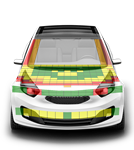
Head Impact 16.3 Pts
Pelvis Impact 4.4 Pts
Leg Impact 5.3 Pts
| System Name | Pre-collision Assist with Pedestrian Protection | ||
| Type | Auto-Brake with Forward Collision Warning | ||
| Operational From | 5 km/h | ||
| PERFORMANCE | | |||
-
Cyclist from nearside, obstructed view
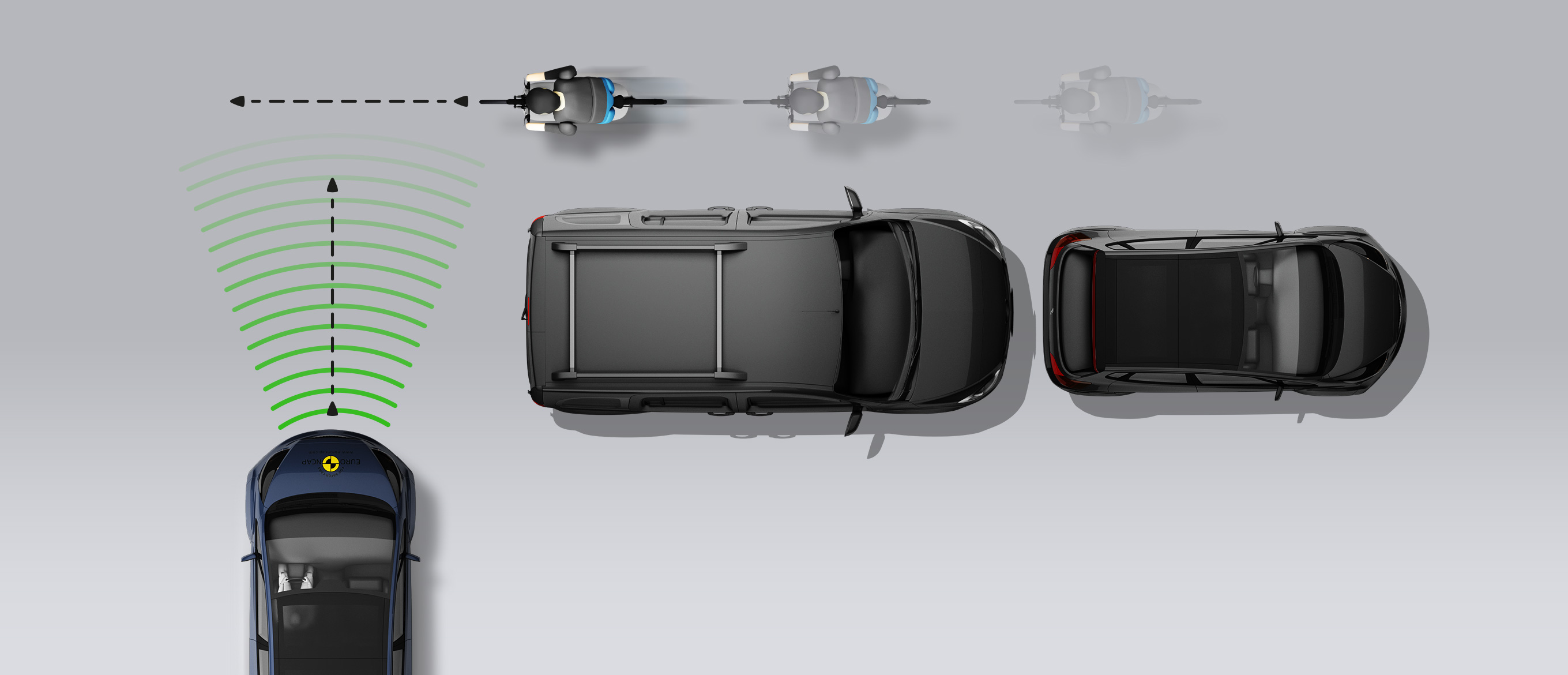
-
Approaching a crossing cyclist
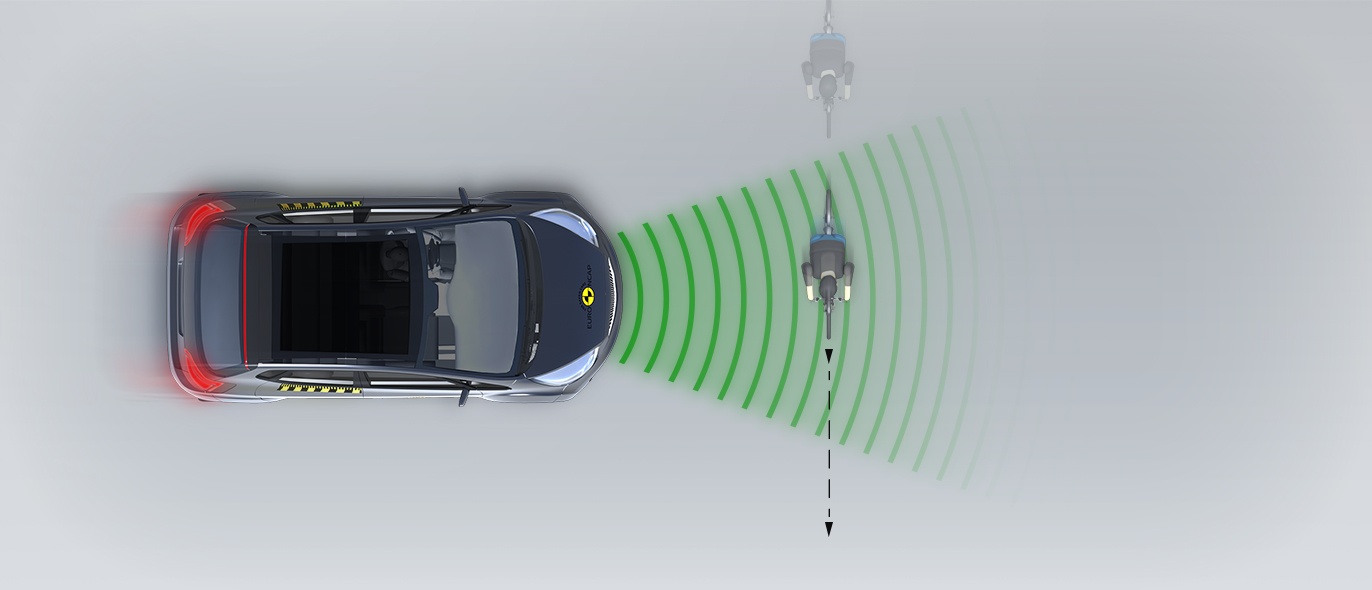
-
Cyclist along the roadside
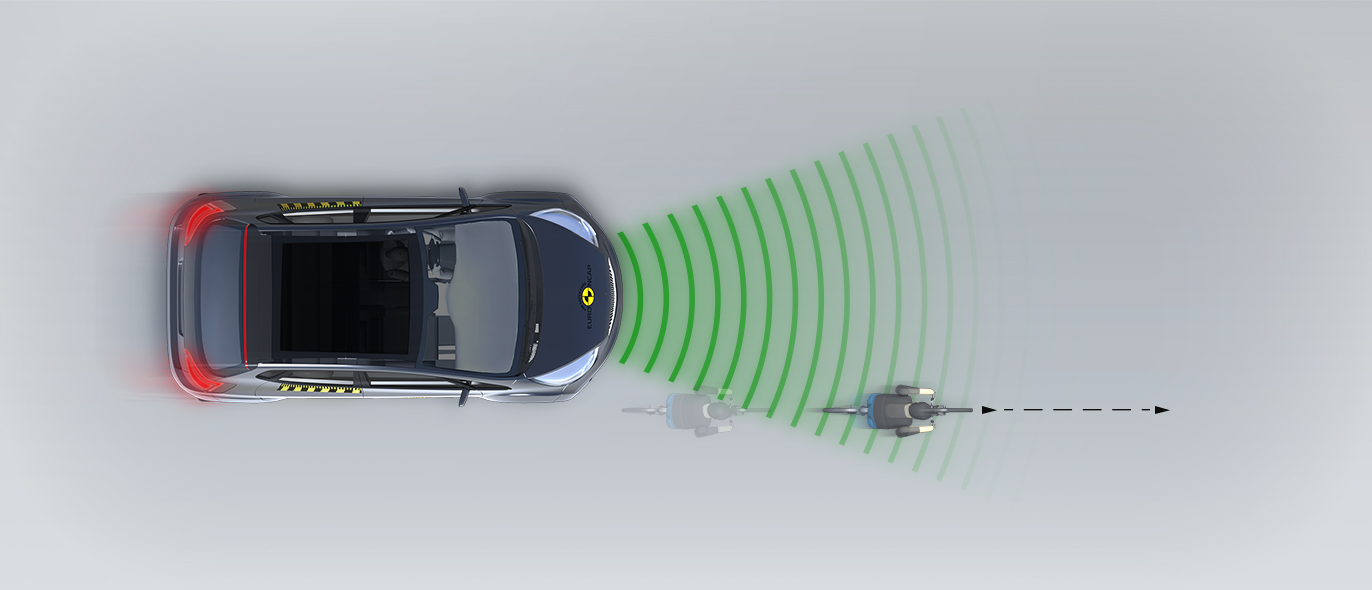
Protection of the head was almost completely good or adequate with some poor results along the front edge of the bonnet. The bumper provided good or adequate protection to pedestrians’ legs and protection of the pelvis was also mostly good. The autonomous emergency braking (AEB) system of the Ford can respond to vulnerable road users as well as to other vehicles. The system performed adequately in tests of its response to pedestrians and well in tests of its response to cyclists, with collisions avoided in most cases.
- Good
- Adequate
- Marginal
- Weak
- Poor
| System Name | Speed Limiter |
| Speed Limit Information Function | Camera & Map, subsigns supported |
| Speed Control Function | System advised (accurate to 5km/h) |
| Applies To | Front and rear seats | ||
| Warning | Driver Seat | Front Passenger(s) | Rear Passenger(s) |
| Visual | |||
| Audible | |||
| Occupant Detection | |||
|
|||
| System Name | Driver Alert |
| Type | Lane position |
| Operational From | 60 km/h |
| System Name | Lane-Keeping System |
| Type | LKA and ELK |
| Operational From | 60 km/h |
| Performance | |
| Emergency Lane Keeping | |
| Lane Keep Assist | |
| Human Machine Interface | |
| System Name | Pre-Collision Assist | |||
| Type | Autonomous emergency braking | |||
| Operational From | 5 km/h | |||
| Sensor Used | camera and radar | |||
The autonomous emergency braking (AEB) system of the Ford Ranger performed well in tests of its reaction to other vehicles. A seatbelt reminder system is fitted as standard to the front and rear seats and the car is equipped with a system to detect driver fatigue. The lane support system gently corrects the vehicle’s path if it is drifting out of lane and also intervenes in some more critical situations. The speed assistance system identifies the local speed limit, allowing the limiter to be set appropriately.
- Specifications
- Safety Equipment
- Videos
- Rating Validity
Specifications
Tested Model VW Amarok 2.0/Ford Ranger 3.0
Body Type - Pick-Up
Year Of Publication 2022
Kerb Weight 2434kg
VIN From Which Rating Applies - all double cabin Rangers
Class Pickup Truck
Safety Equipment
Note: Other equipment may be available on the vehicle but was not considered in the test year.
Fitted to the vehicle as standard
Fitted to the vehicle as part of the safety pack
Not fitted to the test vehicle but available as option or as part of the safety pack
Not available
Not applicable
Videos
Rating Validity
Variants of Model Range
| Body Type | Engine | Model Name/Code | Drivetrain | Rating Applies | |
|---|---|---|---|---|---|
| LHD | RHD | ||||
| 4 door pick-up | 2.0 diesel Si-T |
Ltd Wildtrak XL XLT |
4 x 4 |  |
 |
| 4 door pick-up | 2.0 diesel Bi-T |
Ltd Wildtrak * |
4 x 4 |  |
 |
| 4 door pick-up | 3.0 diesel |
Platinum Wildtrak |
4 x 4 |  |
 |
* Tested variant (some tests done on VW Amarok 2.0 Bi-T)

Find more information in the General Comments section of the assessment
The Ford Ranger and VW Amarok are corporate twins with identical structure and safety equipment. The two vehicles share a common rating, derived from some tests performed on the Ranger by ANCAP and some tests performed by Euro NCAP on the Amarok.
 Share
Share
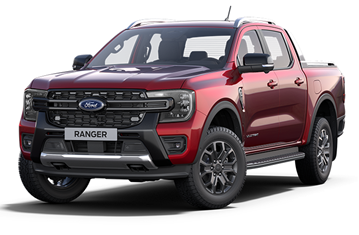












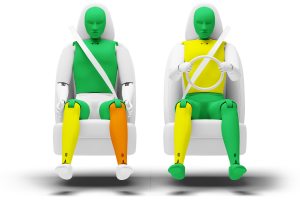
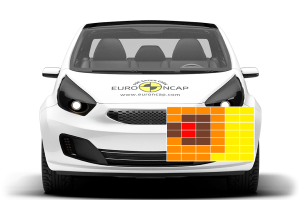
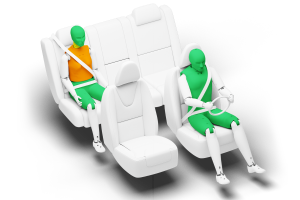
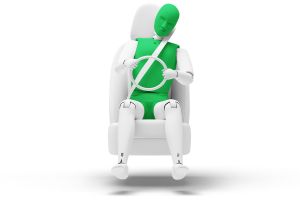
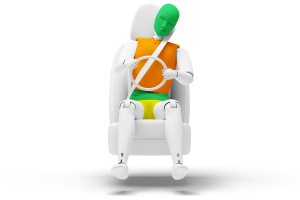

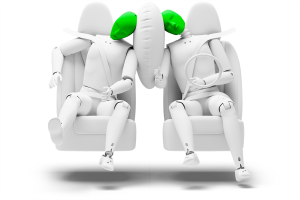
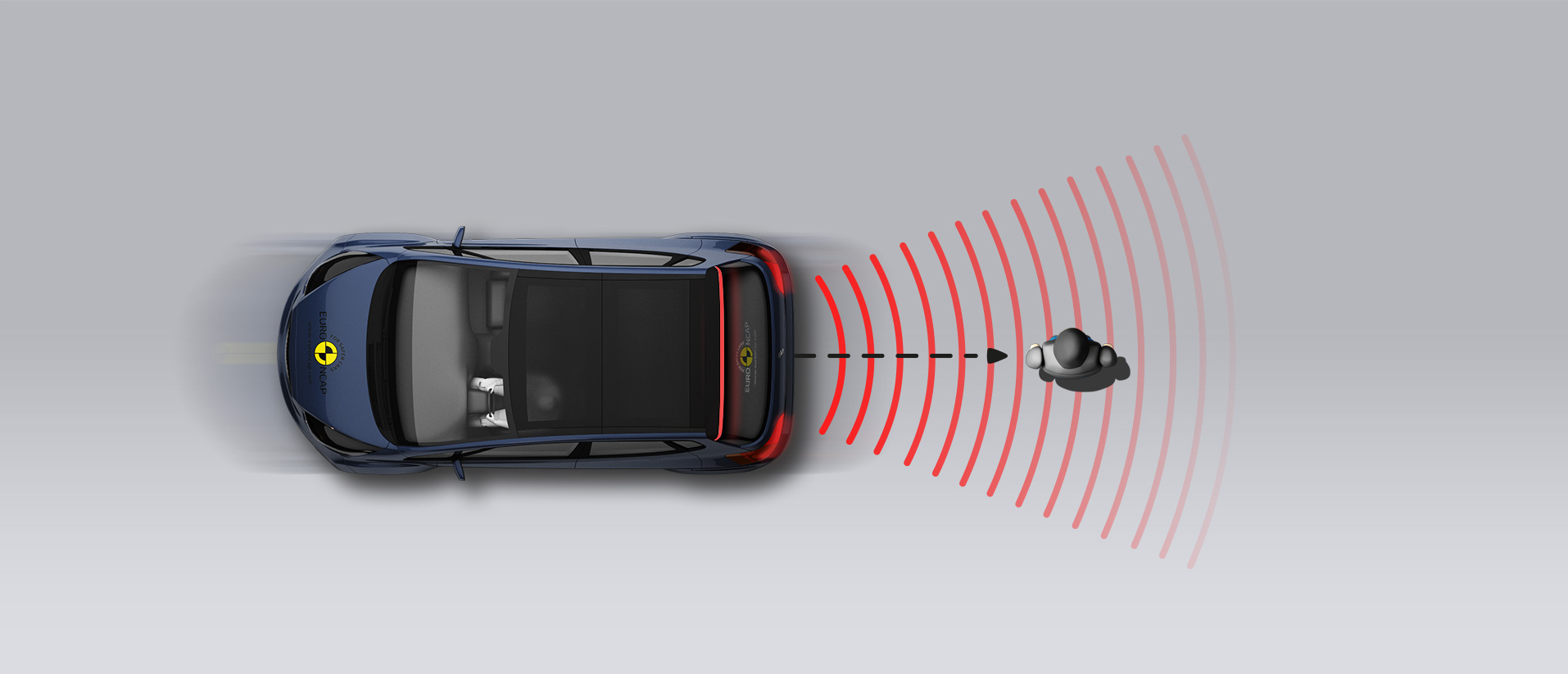
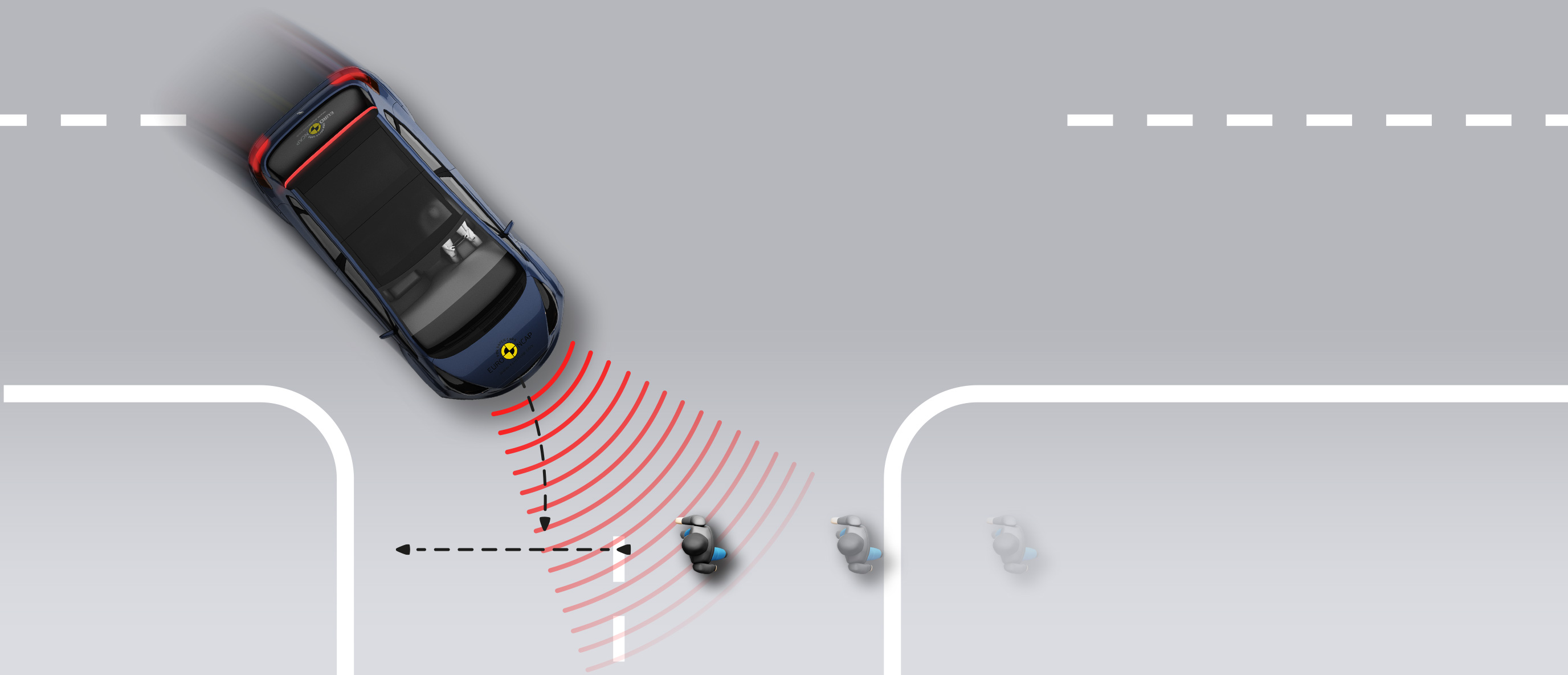
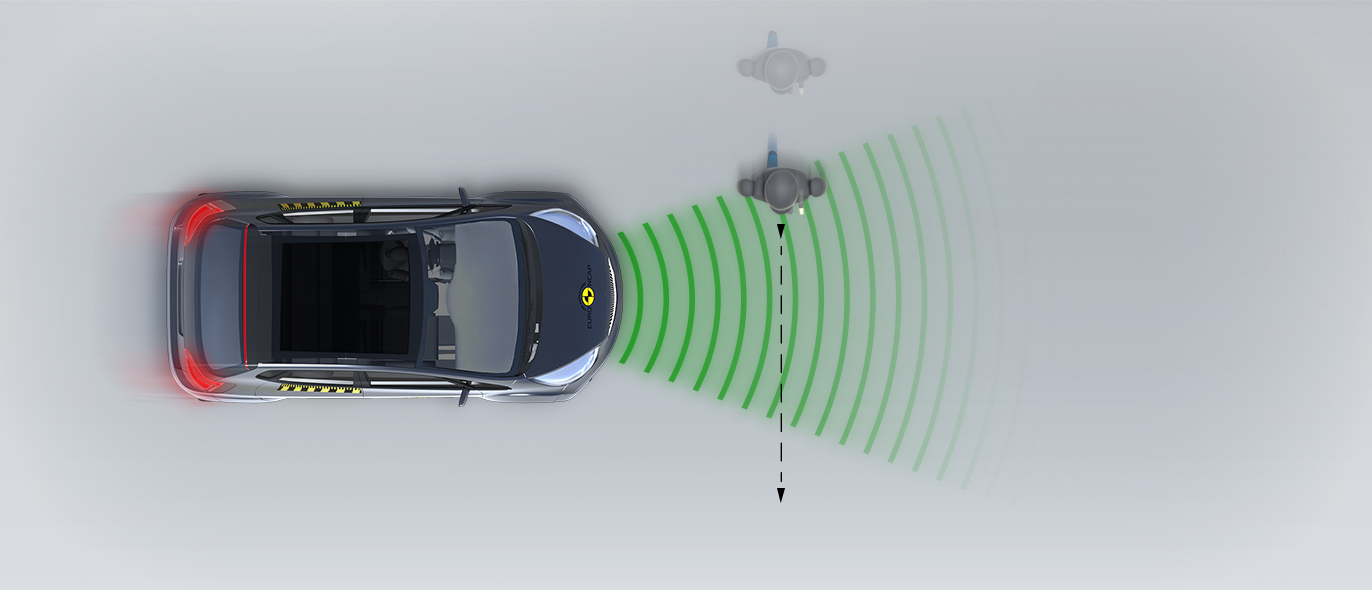
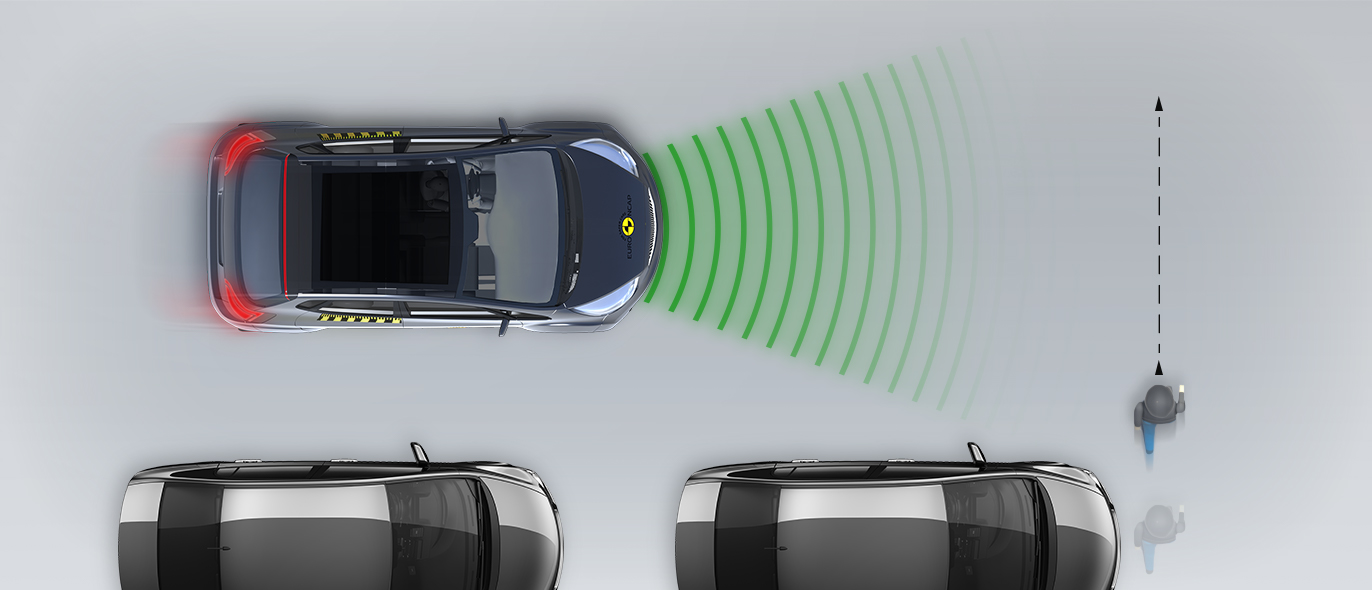
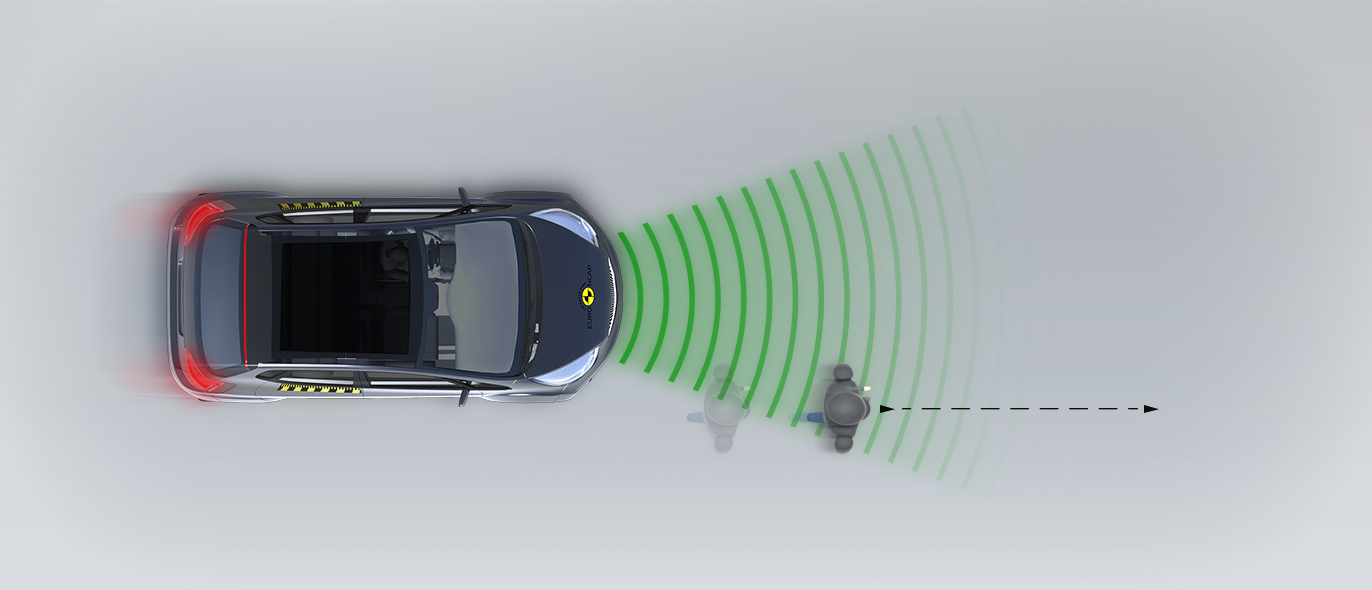


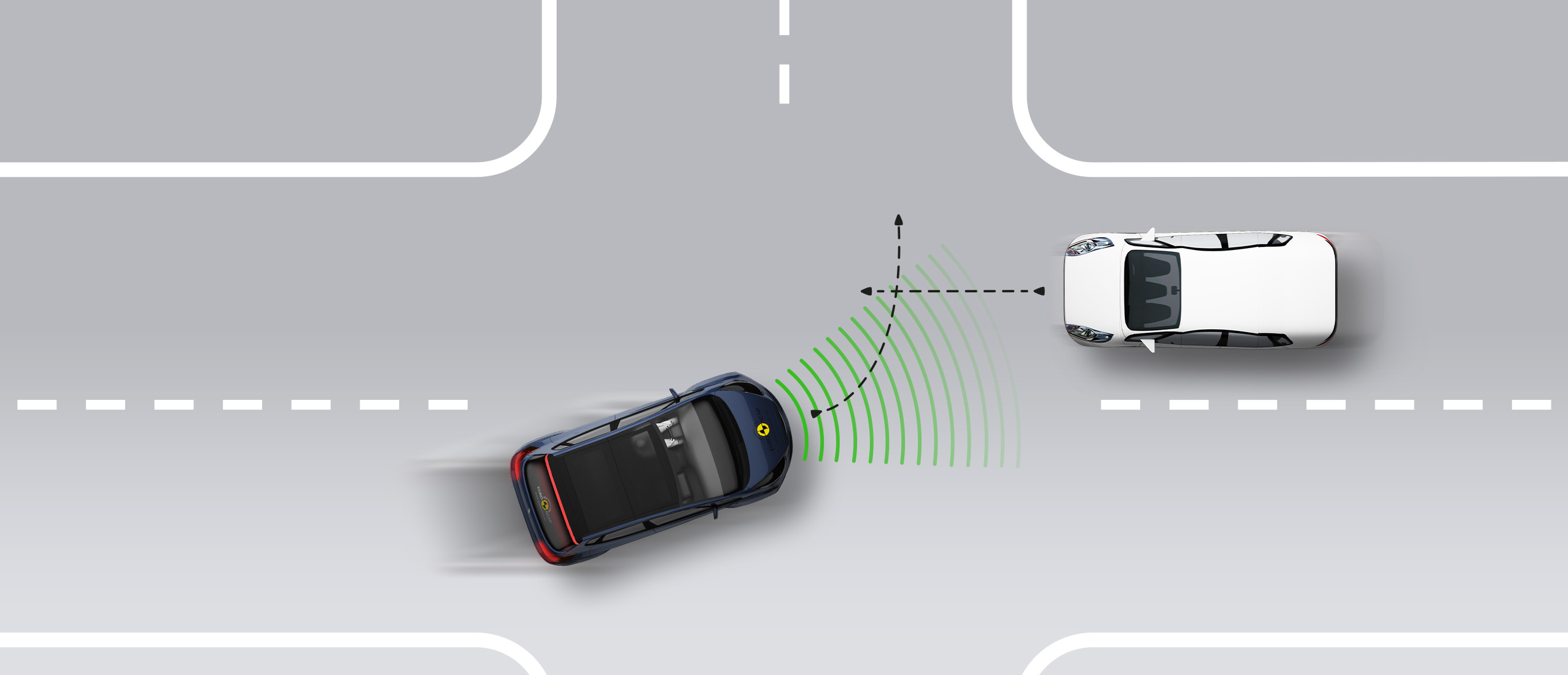
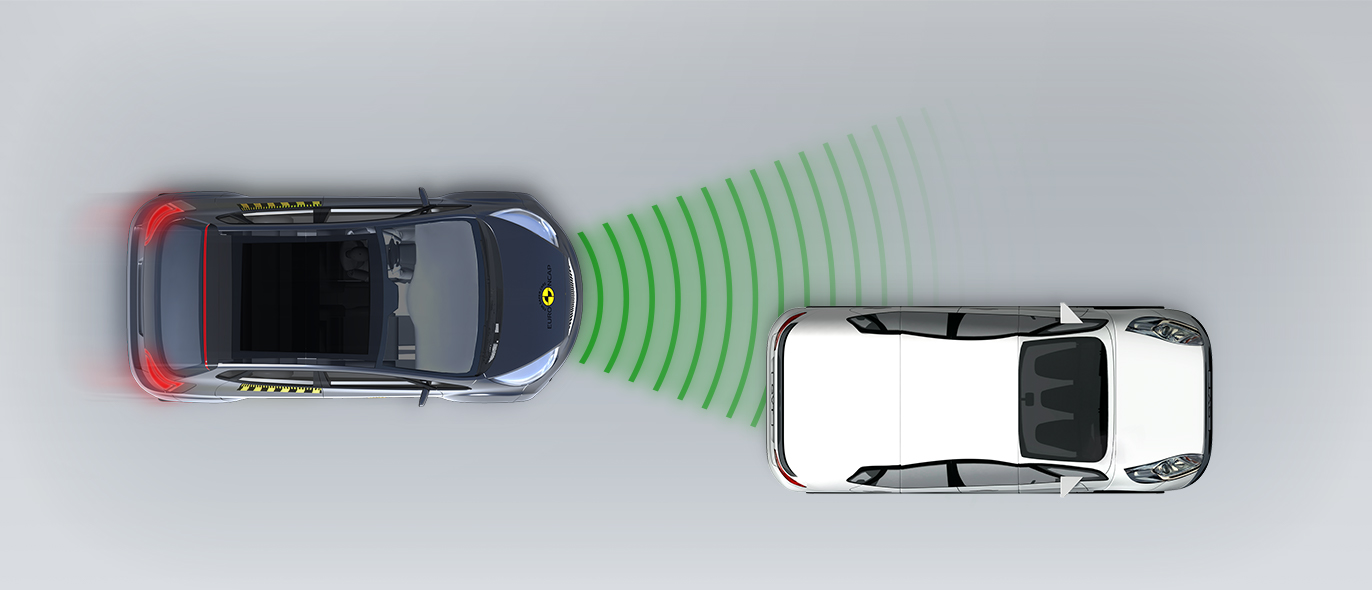
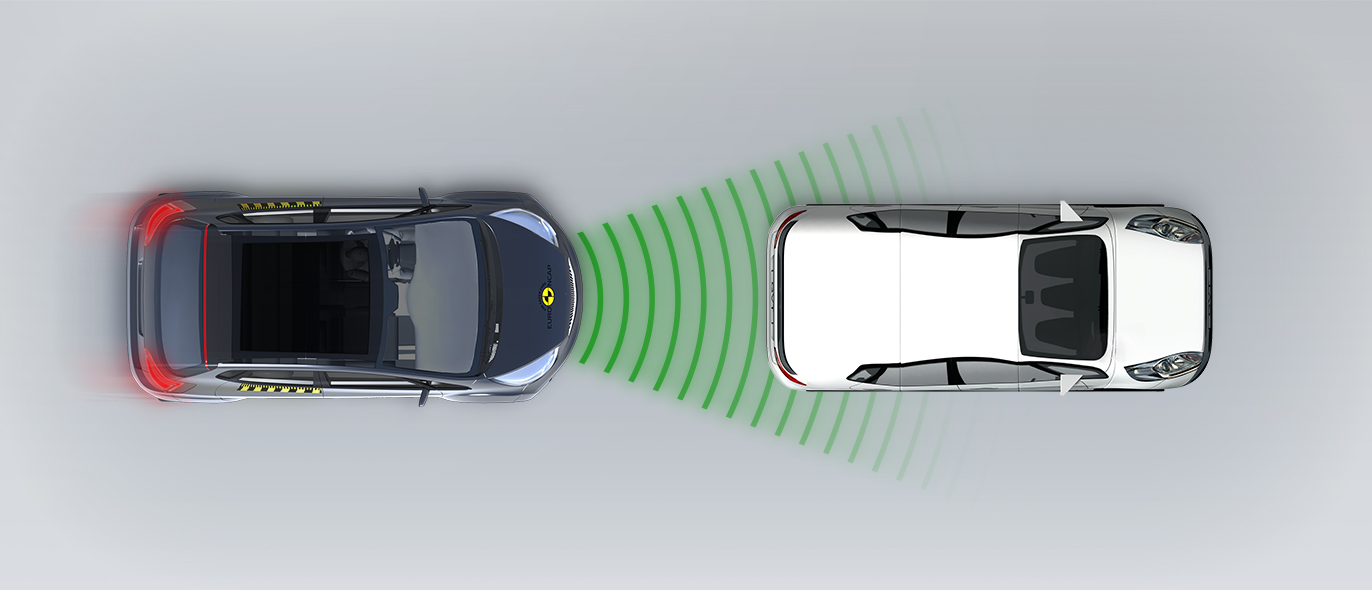
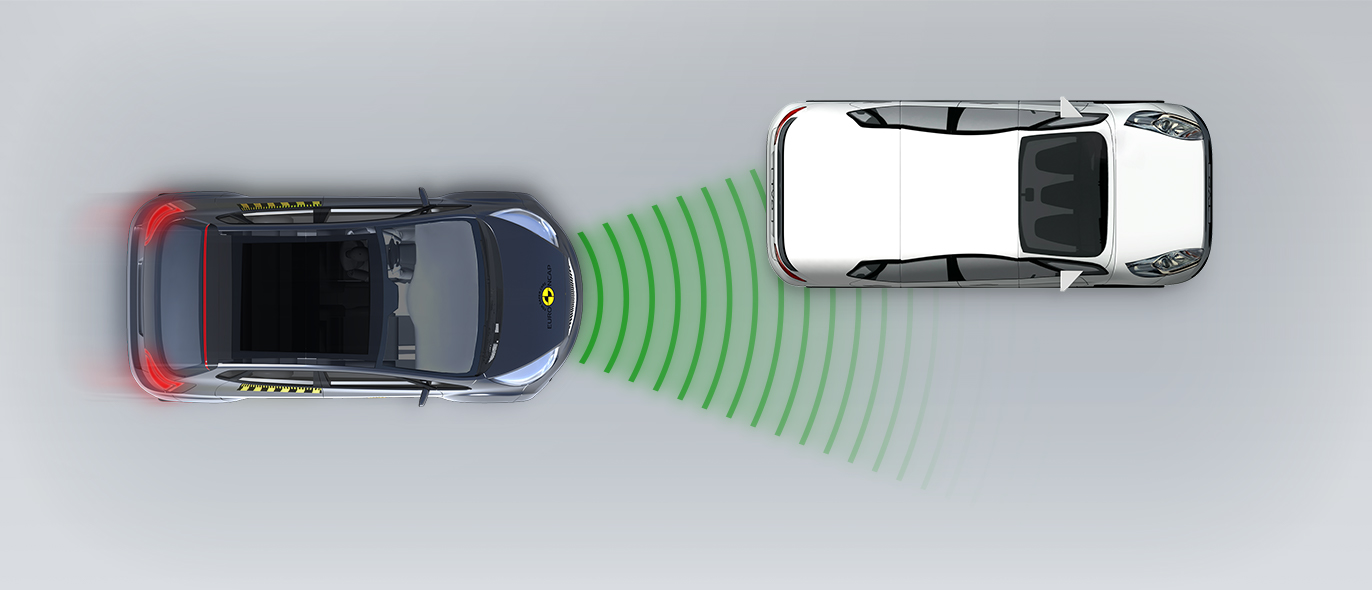
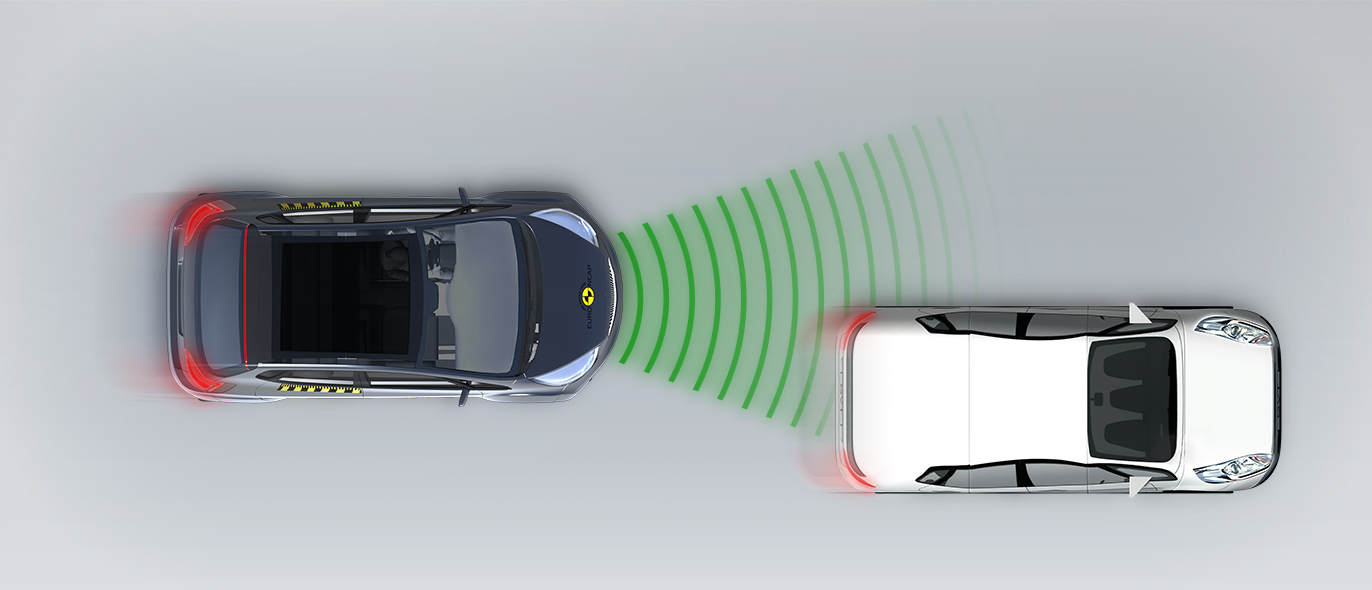
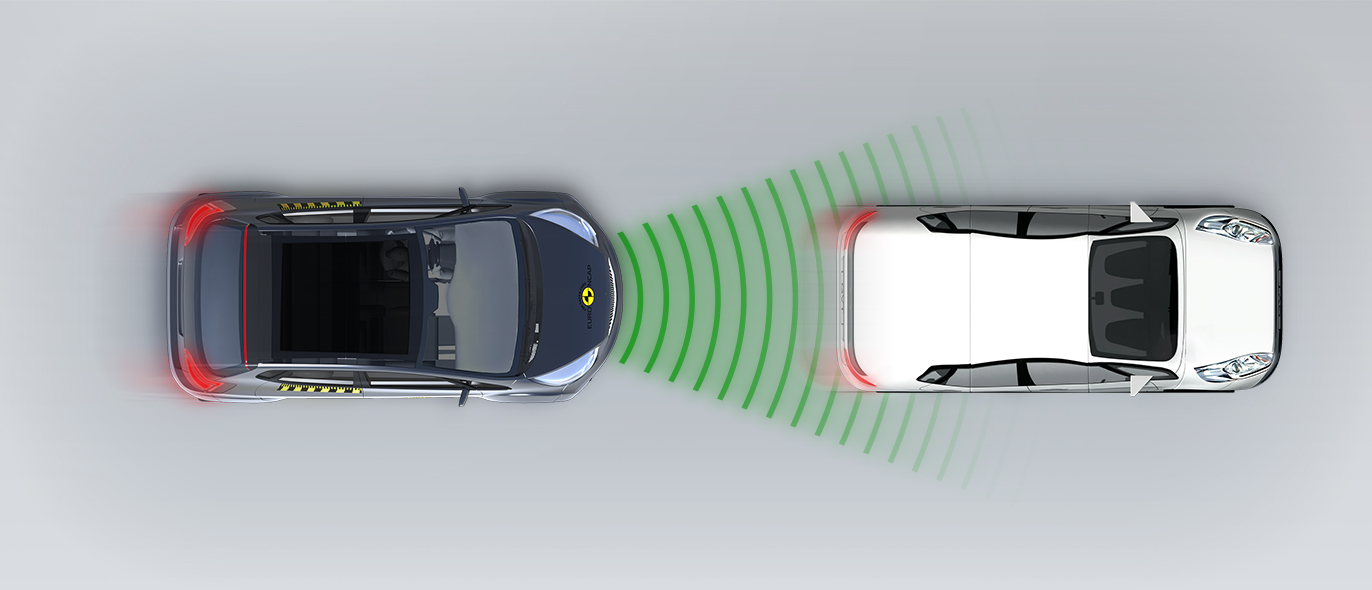
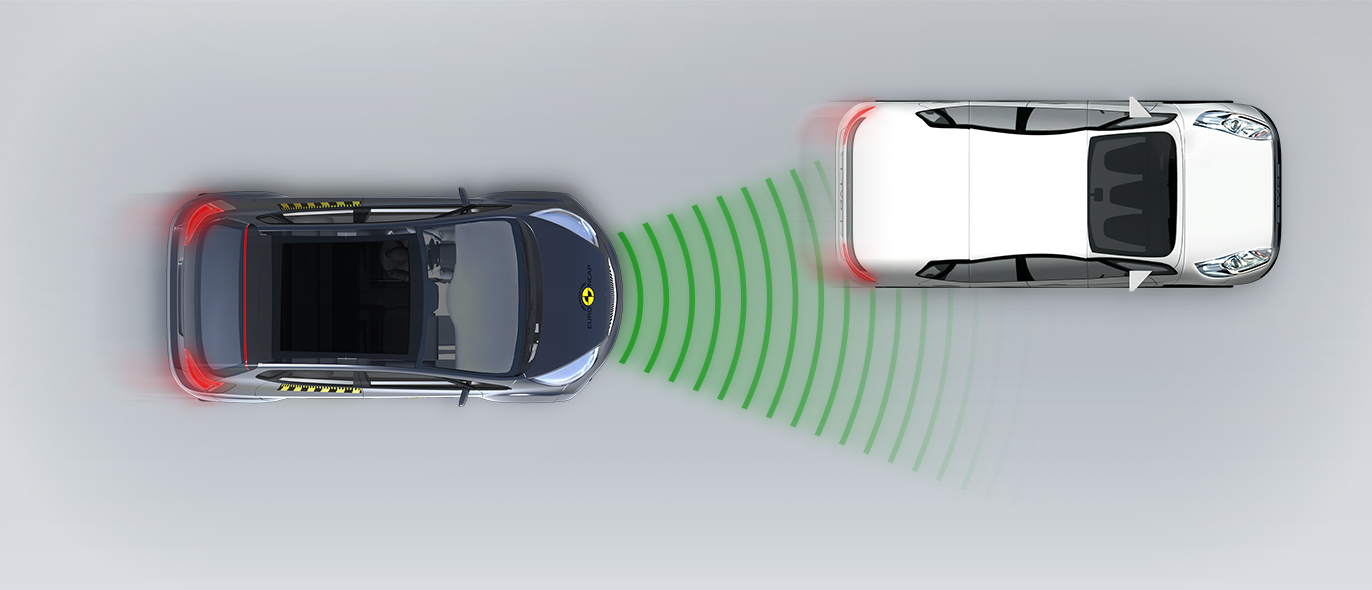

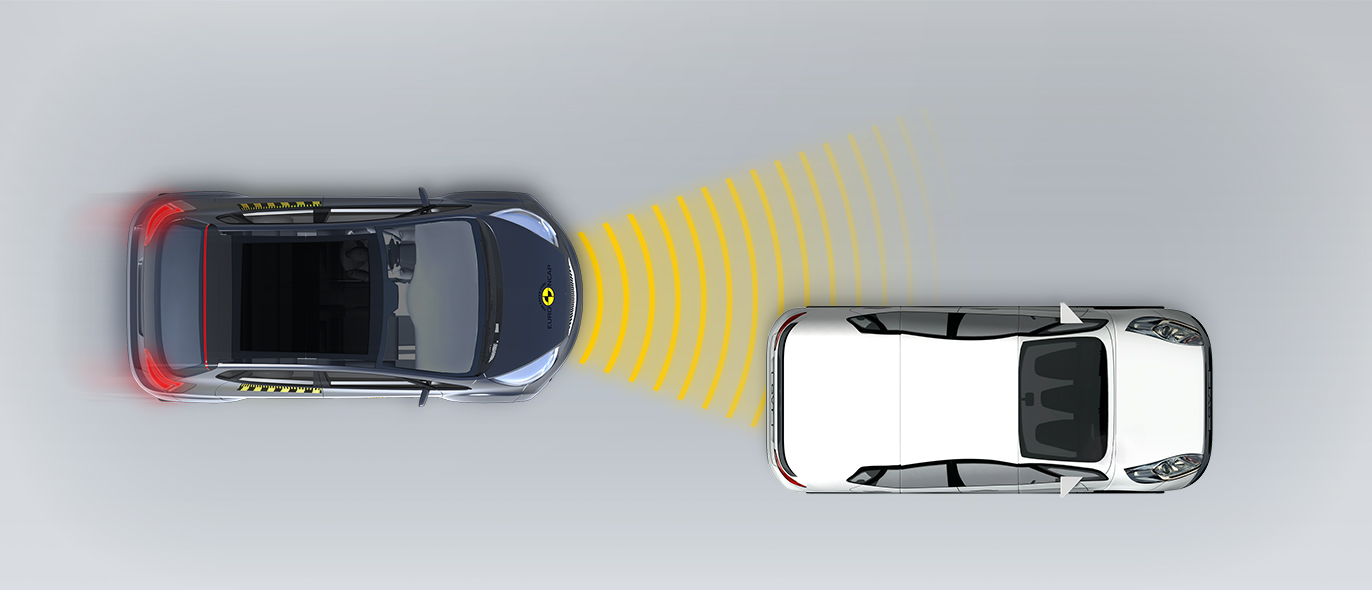
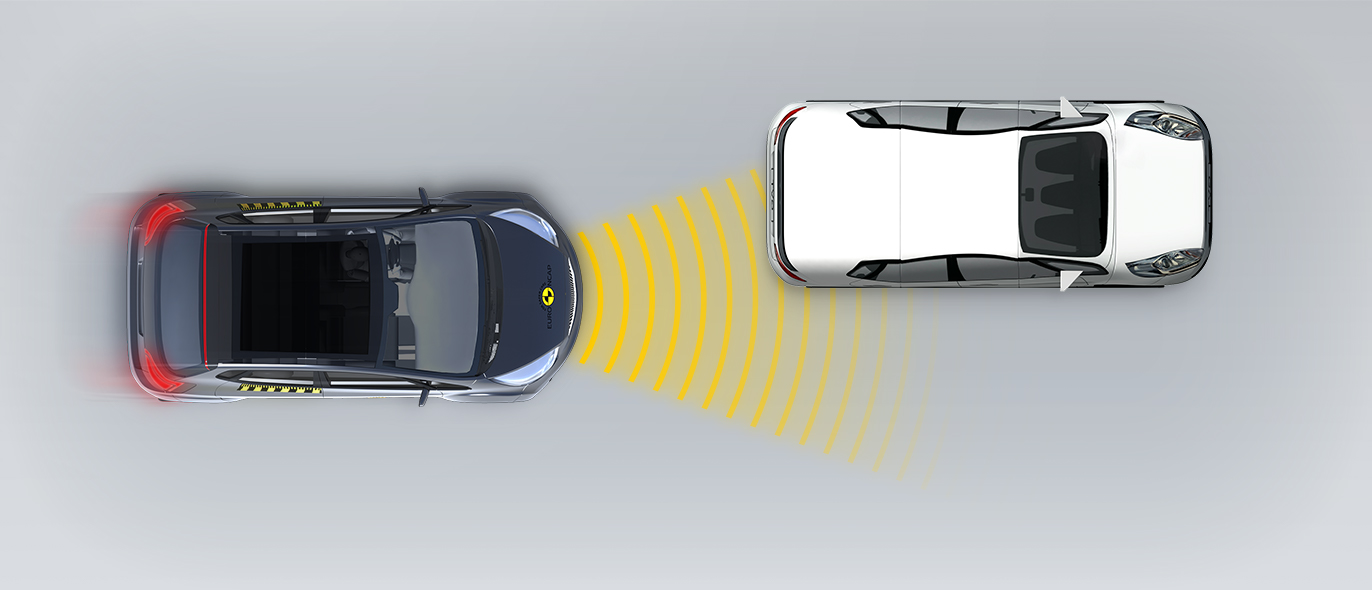

The passenger compartment of the Ford Ranger remained stable in the frontal offset test. Dummy readings indicated good protection of the knees and femurs of both the driver and passenger dummies. Ford demonstrated that a similar level of protection would be provided to occupants of different sizes and to those sitting in different positions. Analysis of the deceleration of the impact trolley during the test, and analysis of the deformable barrier after the test, revealed that the car would be an aggressive partner in a frontal collision and it was penalised accordingly. In the full-width rigid barrier test, protection of the chest of the rear passenger was marginal, based on dummy readings of chest compression but that of the dummy was good for all critical body areas. In both side barrier test, protection was good for all critical body regions and the Ranger scored maximum points in this test. In the more severe side pole impact, chest protection was rated as marginal, based on dummy readings of rib compression. Control of excursion (the extent to which a body is thrown to the other side of the vehicle when it is hit from the far side) was adequate. The Ranger has a counter-measure to mitigate against occupant to occupant injuries in such impacts. The system worked well in Euro NCAP’s tests, with good protection of the occupants’ heads. Tests on the front seats and head restraints demonstrated good protection against whiplash injuries in the event of a rear-end collision. A geometric analysis of the rear seats also indicated good whiplash protection. The Ranger does not have an advanced eCall system but is equipped with a system to prevent secondary collisions.